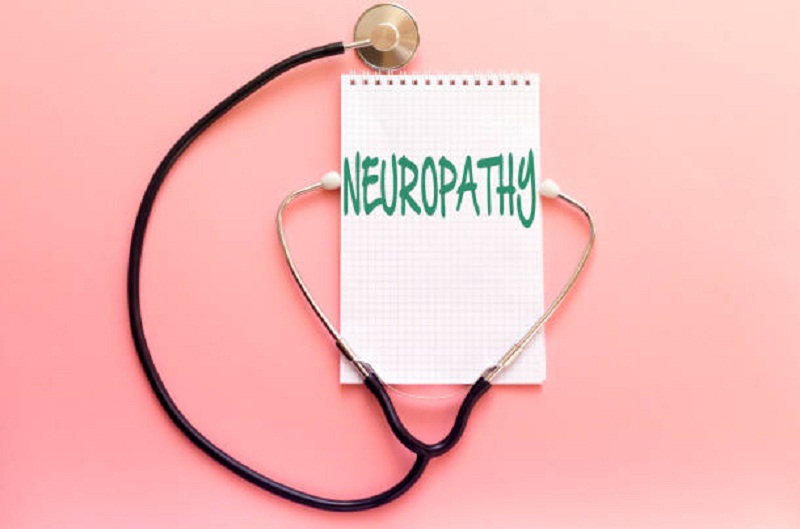
Peripheral neuropathy is a medical condition that affects the nerves. Nerves carry messages to and from the brain and spinal cord to other parts of the body. If you are experience pain, it is mostly a result of damage to your peripheral nerves and is most often called neuropathy.
The condition is normally caused by various factors such as traumatic injuries, metabolic problems, infections or even exposure to harmful toxins. But, one of the most common causes is diabetes mellitus.
The peripheral system contains many nerves and every nerve has its own specific function. The signs, therefore, depend on the type of nerves affected. When one nerve is affected the condition is referred to as mononeuropathy.
When two or more nerves in different areas are affected it’s referred to as multiple mononeuropathy. When many nerves are affected then it known as polyneuropathy. But, majority of the people with peripheral neuropathy normally suffer from polyneuropathy.
There are different nerves which include sensory nerves that receive sensation like pain, vibration, temperature, or touch, motor nerves that control muscle movement and autonomic nerves which normally control body functions like heart rate, blood pressure, dizziness among others.
The 6 most common signs of neuropathy include
Stabbing – This is a sudden sharp pain and extreme sensitivity to touch as if you have been penetrated by a sharp object.
Weakness – This is the lack of strength in the affected areas of the body, especially muscle weakness, lack of coordination and falling if motor nerves are affected.
Numbness – This is the loss of sensitivity in the affected areas of the body.
Burning sensations – This is where you get a feeling of being burned, which happens suddenly although it’s usually painless.
Pain – This is an unpleasant sensation that causes discomfort.
Tingling sensations – Sometimes tingling sensations might occur in your feet or hands which can spread upward into your legs and arms.
All these signs and symptoms can occur in body parts such as your hands and or feet. But, it can also affect other parts of your body.
In many cases, the symptoms improve if one gets the required medical attention, especially if caused by a treatable condition. This is because medications have the ability to reduce most of the pain.
It’s, therefore, best that you seek medical care immediately you notice any of the unusual signs such as tingling, weakness or pain in your hands or feet. With early diagnosis and treatment you will have a better chance of controlling your symptoms and preventing further damage to your peripheral nerves.
If you suffer from neuropathy, you also need to prevent the eruption of other medical conditions that can worsen your health status, such as diabetes, alcoholism or rheumatoid arthritis by making healthy lifestyle choices.
Always eat a healthy and diet rich in fruits, vegetables, whole grains and lean protein to keep nerves healthy. Take foods rich in vitamin B12 like meats, fish, eggs, low-fat dairy foods and fortified cereals. But, if you are vegetarian or vegan, try including fortified cereals in your diet since these are great sources of vitamin B12. Exercise as often as you can at least three times a week.Find out more about neuropathy at https://nervepaintreatment.org/types-of-neuropathic-pain/.

